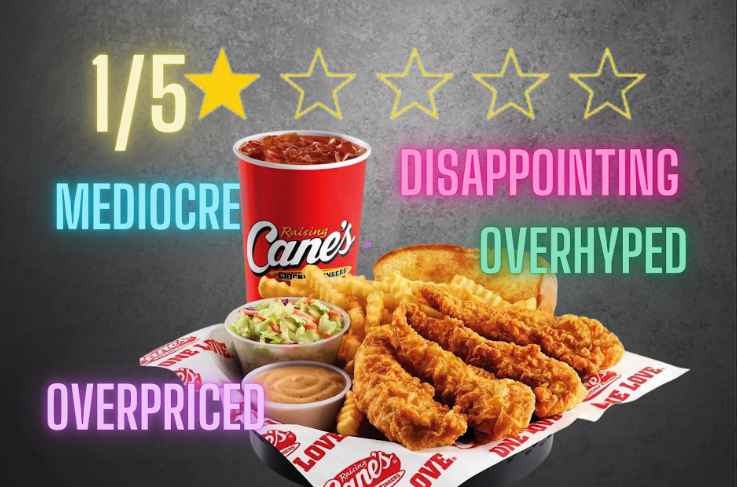Elon Musk, Amy Schumer, James Corden, Oprah Winfrey, and Meghan Trainor.
What do all of these names have in common?
They are all famous people who have openly used Ozempic or similar weight-loss medicine, the newest fad to hit the red carpet.
Ozempic is a medication used for the treatment of type 2 diabetes.
It works by increasing the levels of hormones in your body, which are naturally produced by the stomach when you eat.
It helps your body to produce more insulin when needed, reduces the amount of glucose that’s produced by the liver, and slows down how quickly food is digested.
Similar products like Wegovy, Zepbound, and Mounjaro are also popular among the celebrity crowd.
These medicines, originally made to help type 2 diabetes patients, have unfortunately found their way into the hands of the rich and famous.
Celebrities have now discovered their ability to facilitate easy weight loss, eliminating the need to work out or eat healthy.
However, is there a danger that follows this new trend of weight loss?
Well… in an article written by Marisa Crane, peer-reviewed by Therapist Cait Scafati, Crane said that “the so-called “obesity epidemic” [caused from the trend of Ozempic usage] harms people living in larger bodies, contributes to anti-fatness and body weight bias, and can lead to mental health problems and eating disorders, such as binge eating disorder, anorexia nervosa, or bulimia nervosa.”
Many young kids, especially teenage girls, are seeing photos and videos of celebrities with their new, petite bodies, and start to glorify a goal body that isn’t attainable simply through healthy alternatives.
The Renfrew Center’s Clinical Education Ashley Moser said, “Discussions surrounding weight loss drugs contribute to disordered eating by encouraging weight loss at all costs.”
In today’s age of low-rise jeans and crop tops, naive teens may lean towards restricting themselves in order to look like their idols, unaware that it isn’t at all possible to look like these produced products without medically inducing yourself.
“It [Ozempic] reinforces the message that all people should strive for thinness and be willing to do so with whatever means are available, even if there is a cost to their physical or mental health,” said Moser.
Seeing an Ozempic body could cause people to spiral because they don’t look exactly like the artificial versions of their favorite actress or singer.
Many people criticized these celebrities for taking weight-loss medications because they also promote the idea that it is necessary to be skinny and to do so at any cost.
“We’re inundated with a new super skinny body seen on runways and at the Oscars, which is setting us up for unrealistic beauty standards – and reversing years of healthier body positivity and self-acceptance,” said Journalist Charlotte Cripps.
For example, actress Rebel Wilson, known for her role in the Pitch Perfect trilogy as “Fat Amy,” was a leading figure in the plus-sized community, but later fell to Ozempic as a way to move away from the ‘funny, fat friend’ stereotype Hollywood had given her.
Amy Schumer, as well, the lead actress in the movie “I Feel Pretty,” which centers around being confident in your own body, openly admitted to trying the medicine.
Seeing someone like Wilson and Schumer, known for being body positive and confident, could take a toll on viewers who idolize these women for sticking to their body-positive truth.
Plastic Surgeon Brandon Richland said that “this influence can lead young women to prioritize weight loss, potentially moving away from appreciating their natural body shapes.”
Additionally, with the increased use of Ozempic, a shortage has been created because of the alternative utilization.
According to Harvard Health Publishing, “up to 38% of all [Ozempic] prescriptions written in the US are off-label,” meaning that the patient doesn’t fit the category of necessary conditions that need to be prescribed for the medicine, but the doctor believes it is still medically appropriate.
This means that type 2 diabetes patients are having a harder and harder time being supplied with their life-saving medicine.
Recently, for over two years, the Food and Drug Administration (FDA) declared that Ozempic and its main ingredient, semaglutide, were considered in a shortage because of the increased use of Ozempic.
This has to do with the hasty administration of the drug by pharmacists and doctors.
“Many physicians that prescribe Ozempic do not actively track their patient’s data, titrate correctly, or run necessary blood tests beforehand. Hence, both regulators and providers need to play an active role to address the shortage,” said Co-Founder of Zone. Health Dr. Ihsan Al Marzooqi.
With this new trend of weight loss medications like Ozempic, it is important to assess the situation at hand.
Although the promise of easy, quick weight loss seems enticing, the domino effect goes far beyond how you look in photos.
In the end, being physically healthy inside and out is much more helpful to your body in the long run.
























































